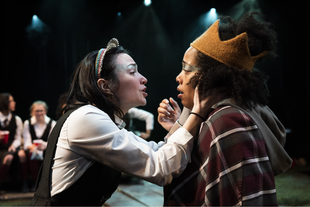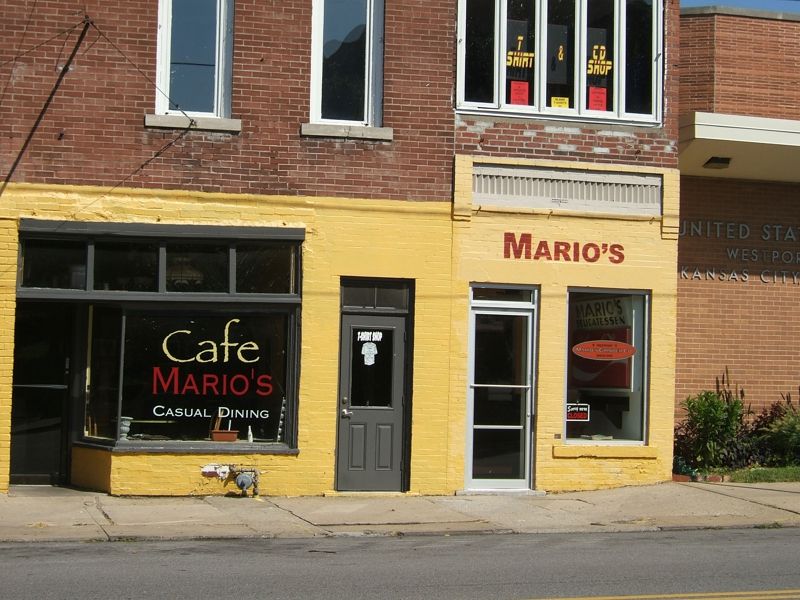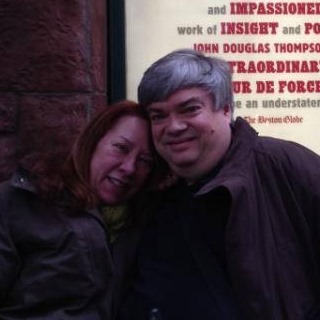“Have been pondering over what someone said the other day: that when one is awake at 3 A.M. then one sees life, and death, as they truly are, in their stark, terrible, hopeless reality; that at all other time of the day, one sees these infinite things through rose-tinted spectacles; that everyday life is a delusion, is the occupational opiate which deceives us into optimistic speculation.”
James Lees-Milne, diary, July 7, 1972




